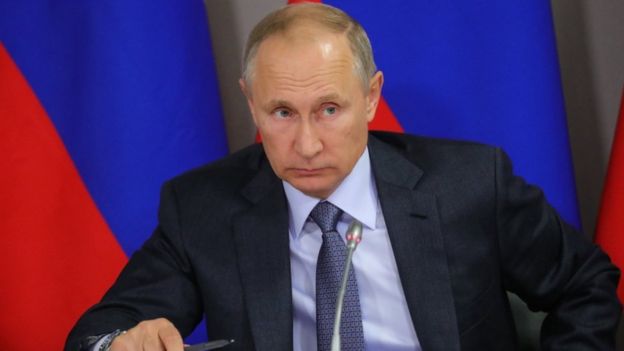Following Putin’s victory in a new term, Moscow is likely to deal more with the Middle East as a preferred sphere of influence, expanding its influence, and the Middle East will remain a stage of competition with the West.
First: Syria and Iran.
Syria’s geostrategic importance in the Russian perspective imposes on Russia its continued presence in Syria and not to abandon it, as evidenced by Syria’s long-term investment in military, infrastructure, reconstruction and energy fields.
There is no sign of a decline in the relationship between Moscow and Tehran. They have been able to put aside their differences in favor of a common goal: to limit US influence in the region. After Putin’s victory, Moscow may be moving toward expanding cooperation with Tehran in the economic and military fields such as extracting oil from Iranian fields and the development of the missile system. But Russia will be careful not to break the relationship with other regional powers.
Second: Expanding regional influence.
Working to target the North Africa region ( Libya , Alger ,Tunisia , Morocco where there are political and economic interests for Moscow noting in terms of economic aspect North Africa provides an opportunity for Russia to build partnerships in the energy sector and to invest in infrastructure development, with arms sales as a source of financial profit and a means of influence.
To ensure access to regional ports to ensure the right to dock of its vessels in areas such as Libya in light of the high cost of building new ports, while playing a role in ending the Libyan conflict by mediating between the Libyan National Army under the command of Khalifa Haftar in the east and the ” National Coalition Government ” internationally recognized in Tripoli.
By virtue of Moscow’s ties with Israel and Syria, it is likely to push for an Israeli-Syrian settlement and lead a peace process between the two countries.
With the US role declining in the region, Russia will strengthen its influence and relations with the Gulf States, with attempts to intervene and influence on the Arab-Israeli conflict.
Rawabet Center for Research and Strategic Studies

